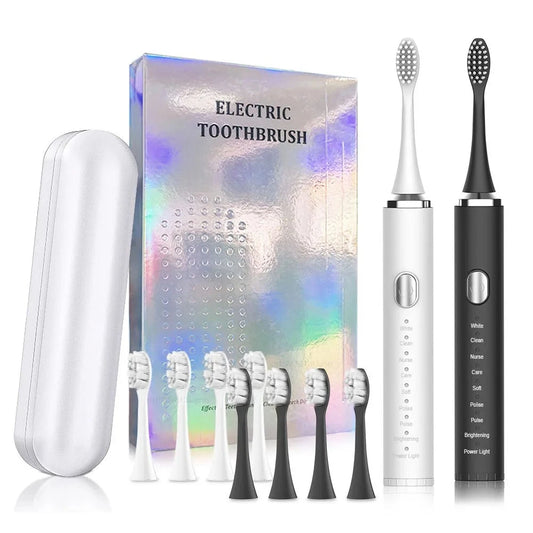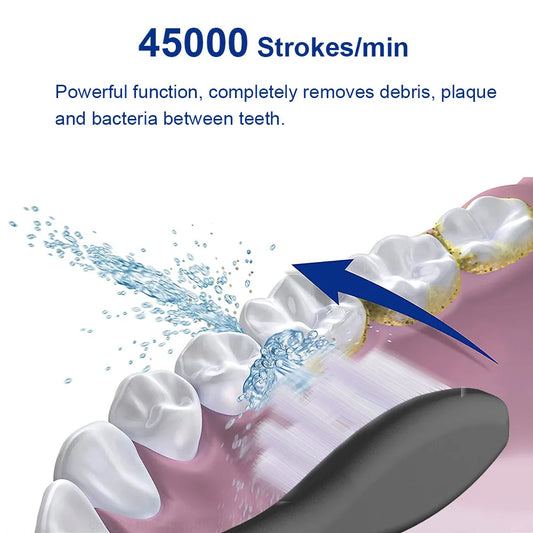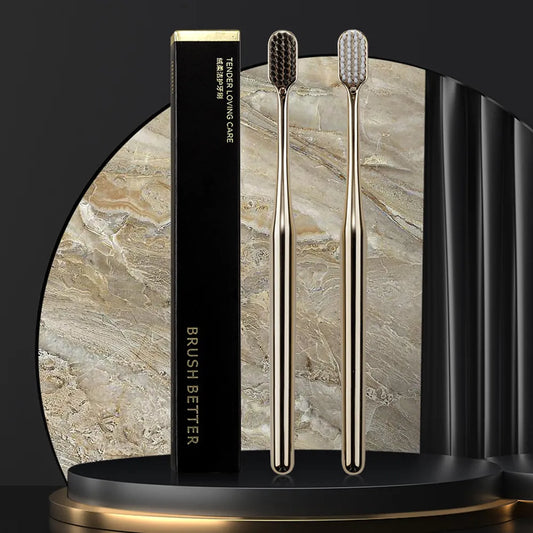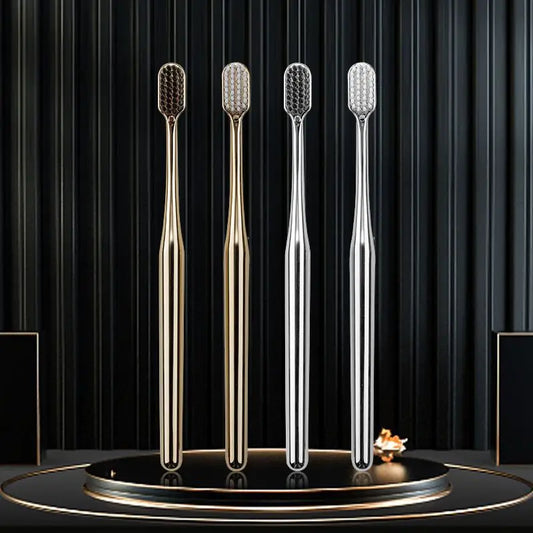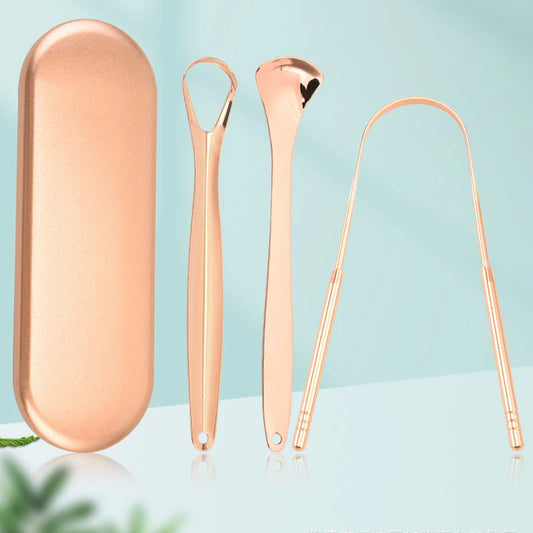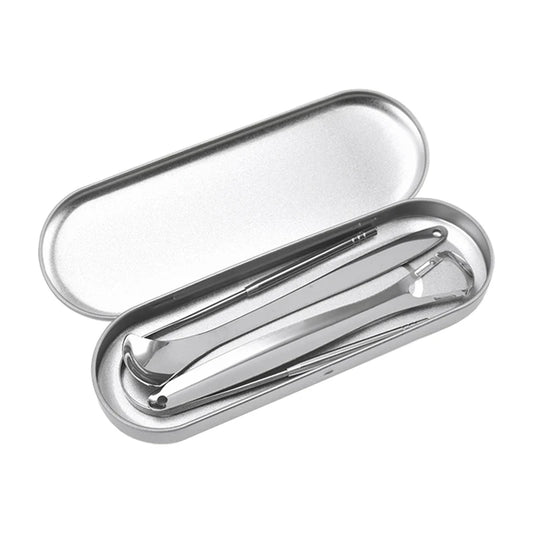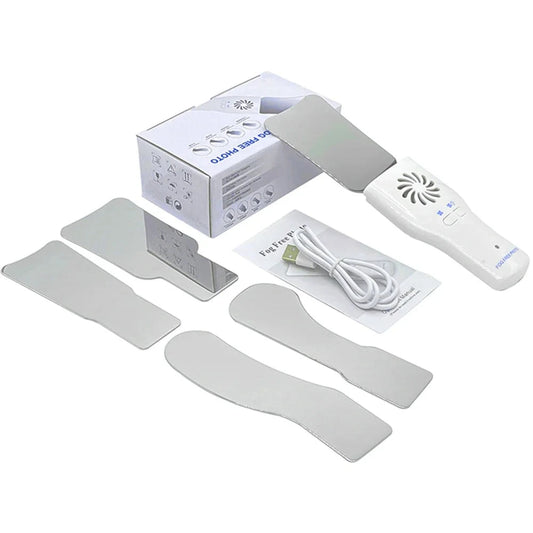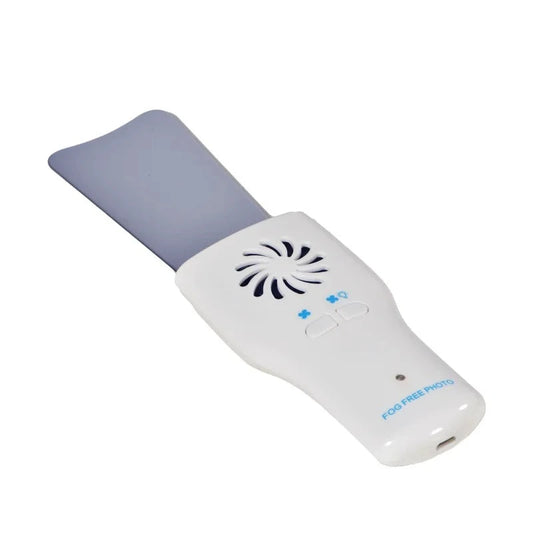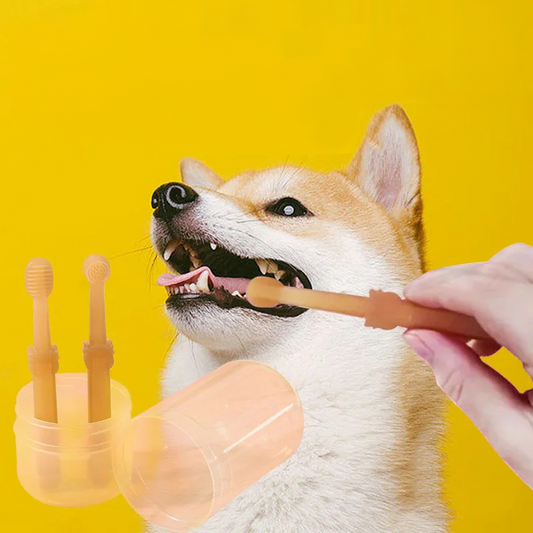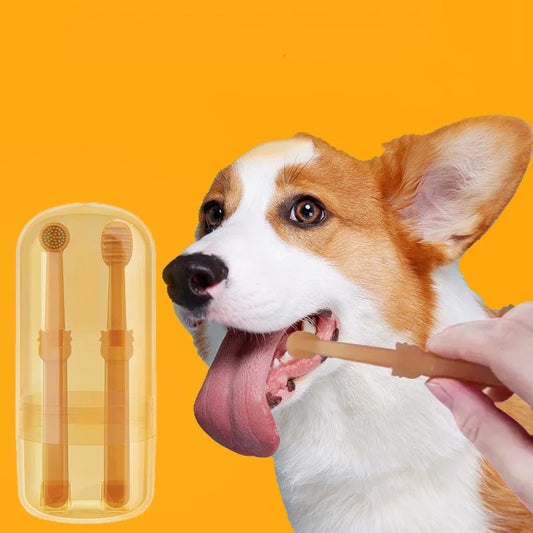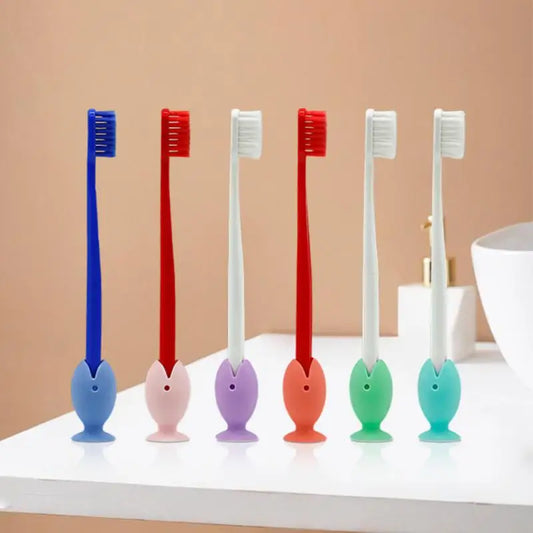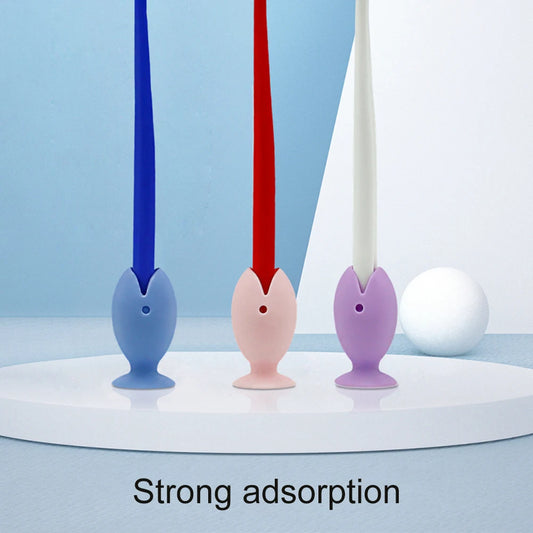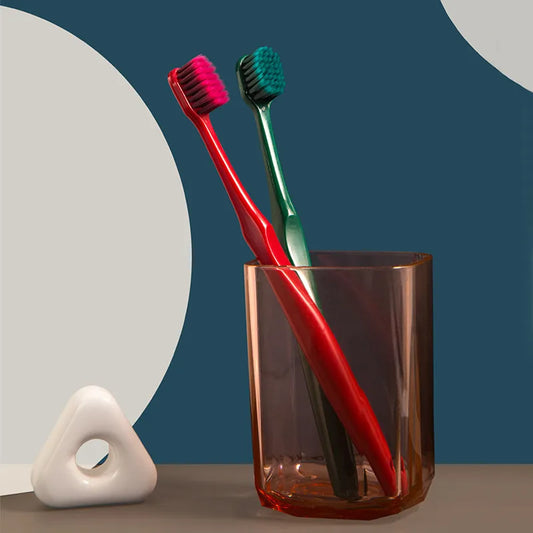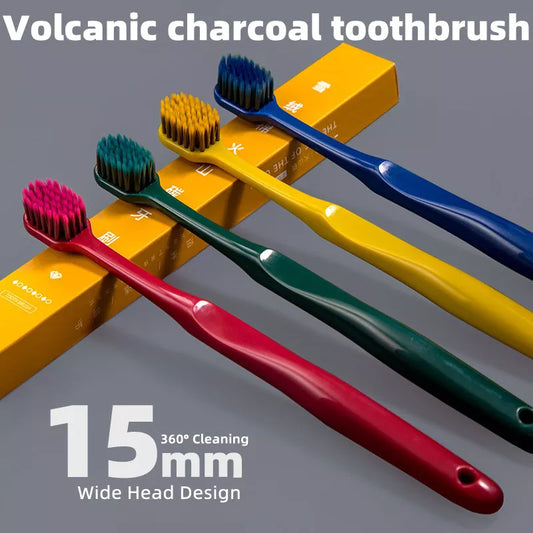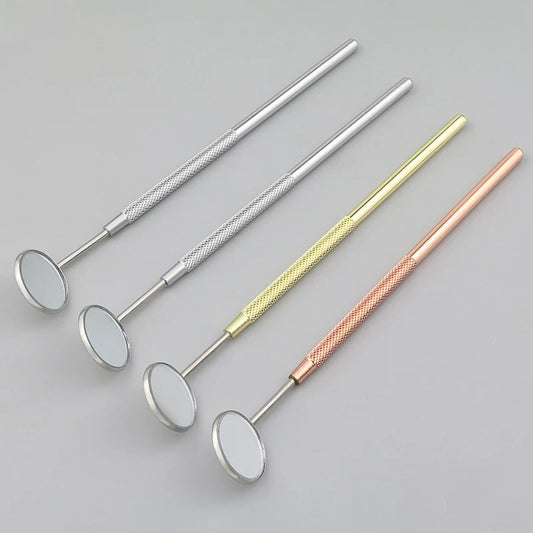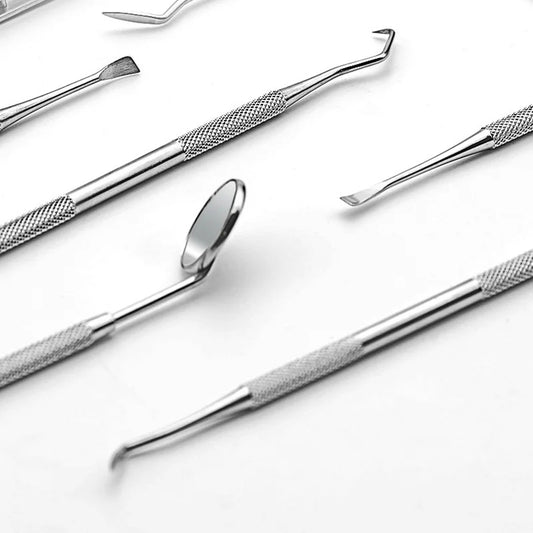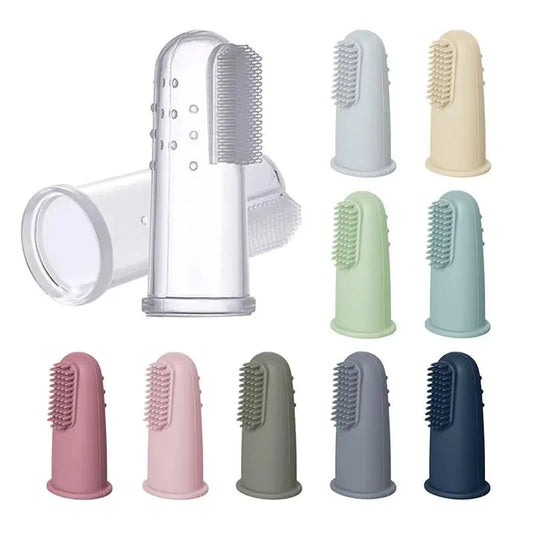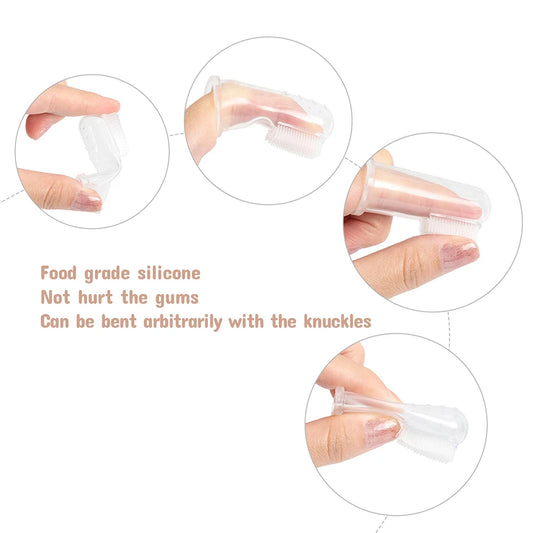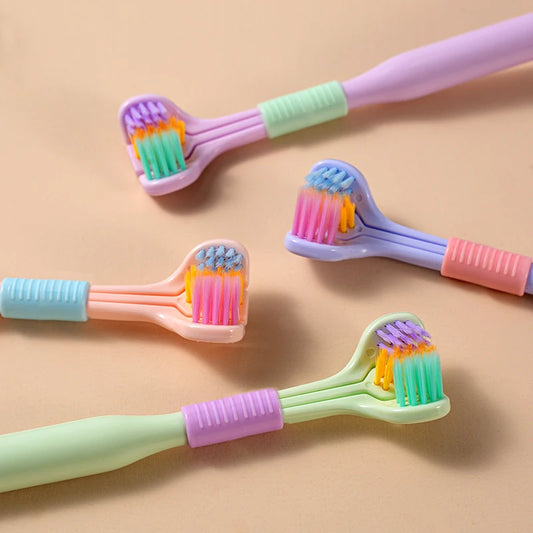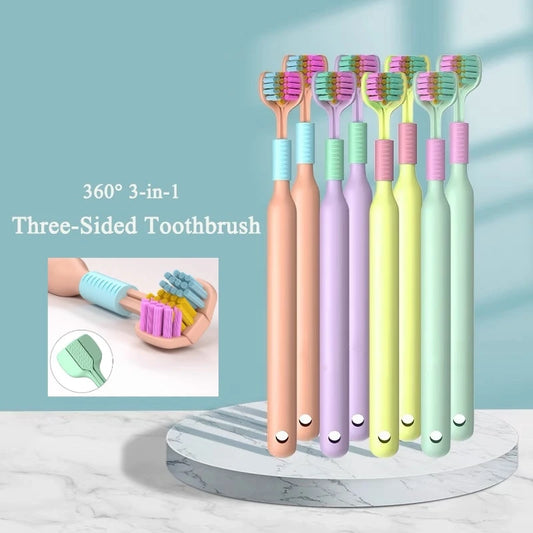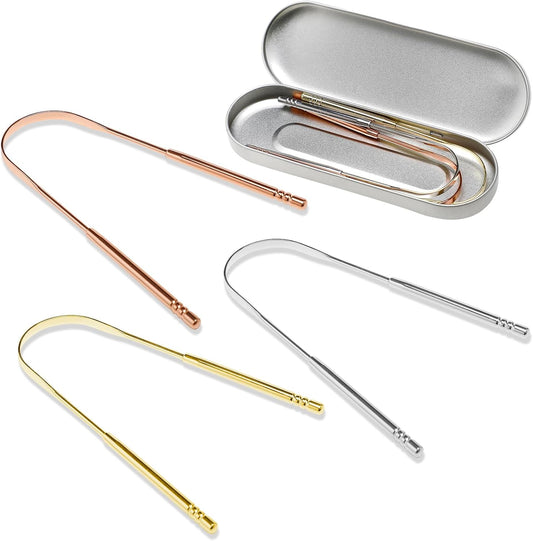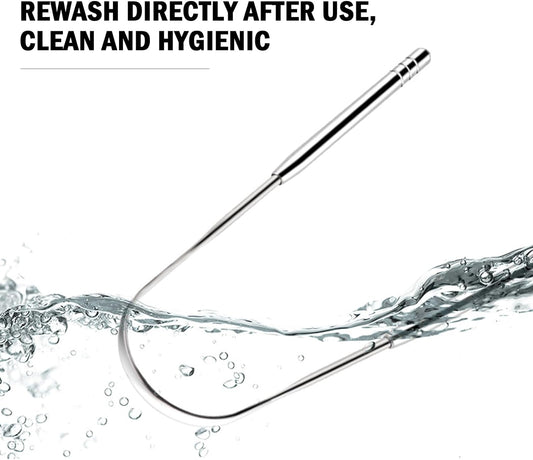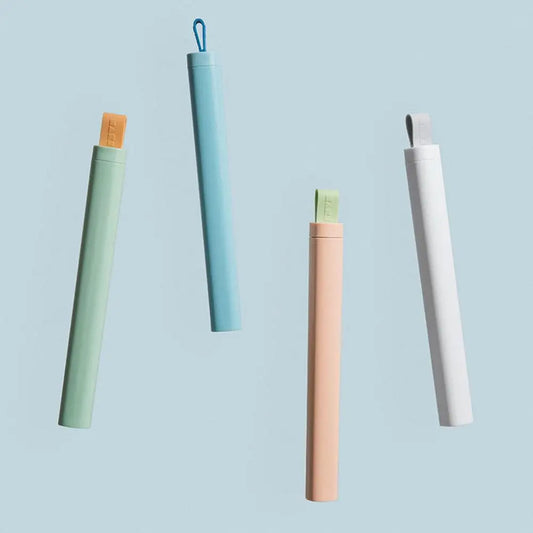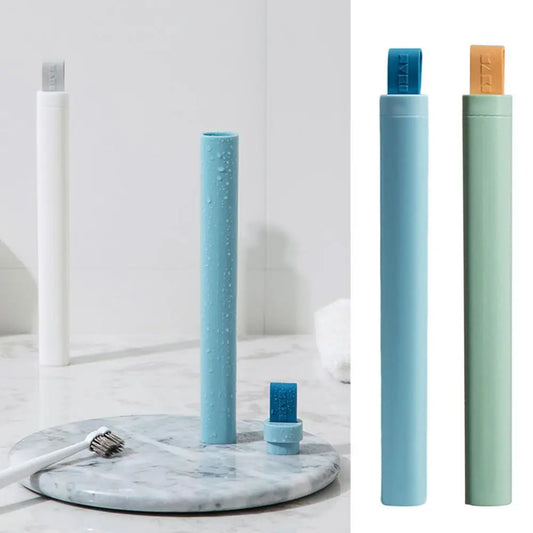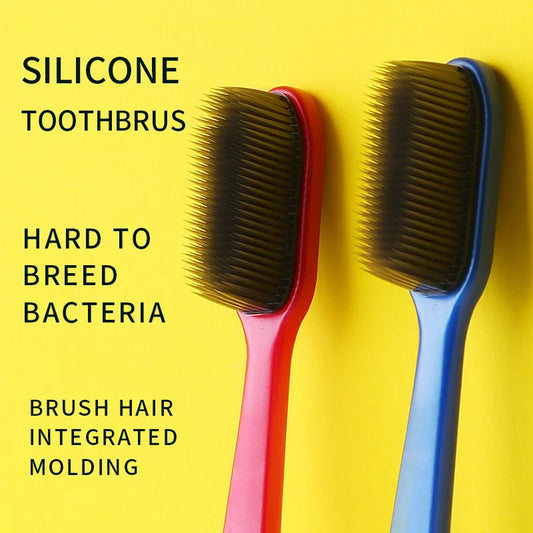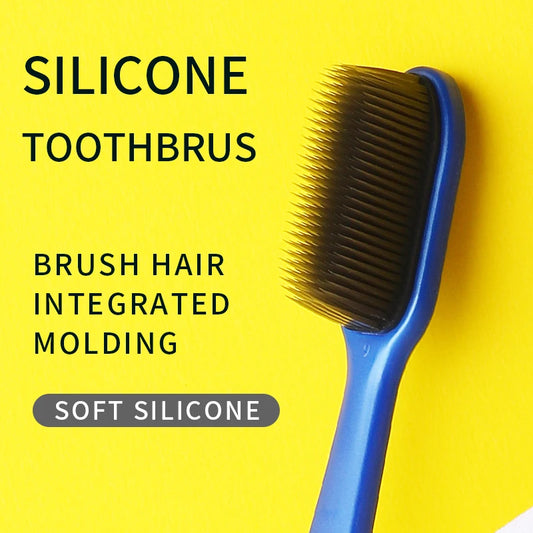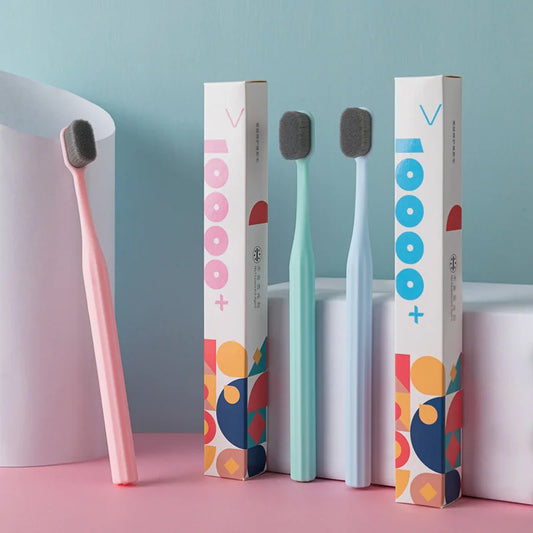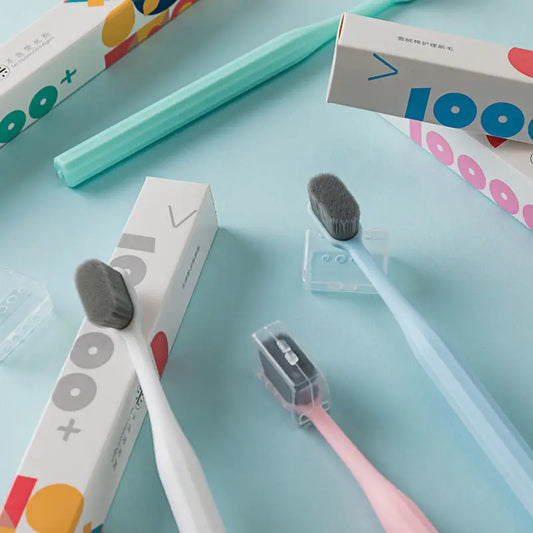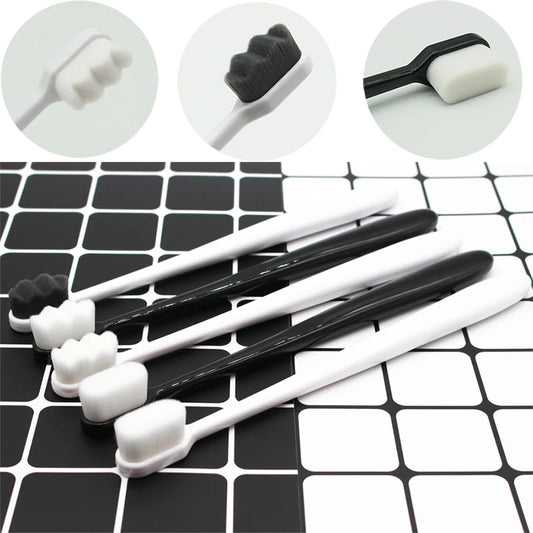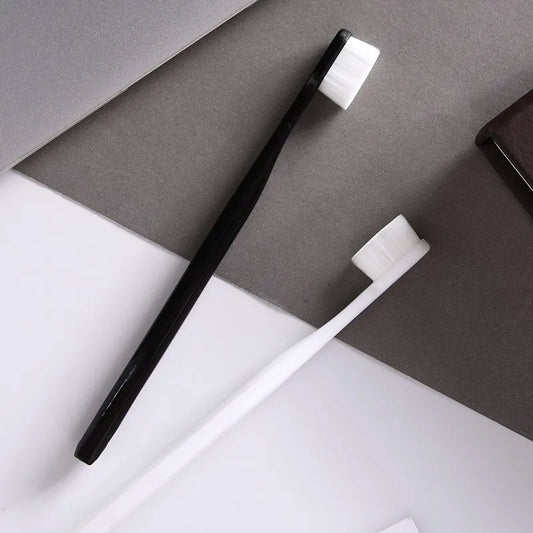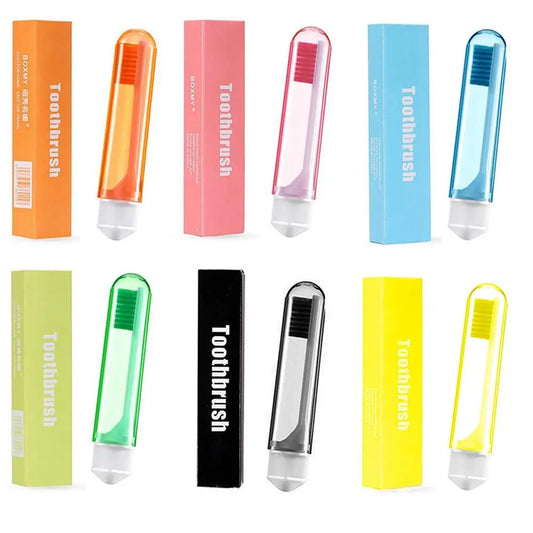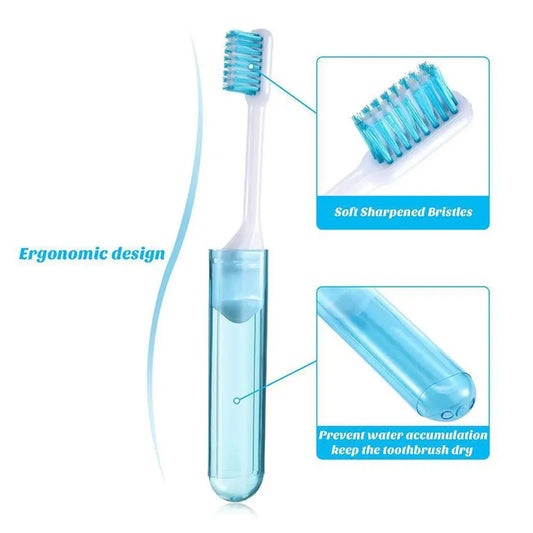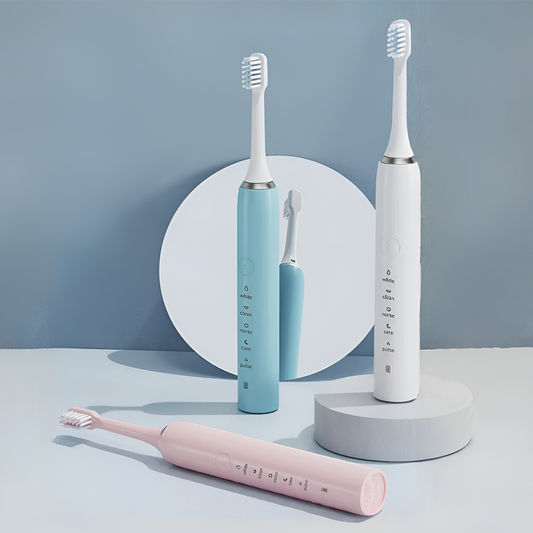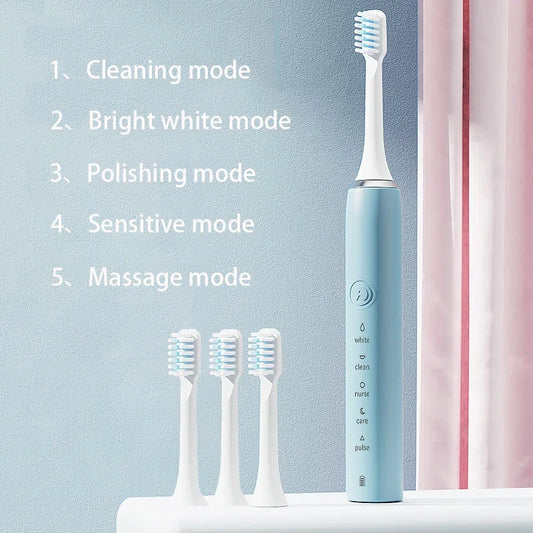When it comes to restoring damaged teeth, dental crowns are a common solution. These protective caps can save weakened teeth, restore function, and improve aesthetics.
However, not all dental crowns are created equal. The type of material used for your dental crown can impact its durability, appearance, and cost.
In this blog, we'll explore the various types of dental crown materials to help you make an informed decision.
1. Porcelain Crowns
Appearance: Porcelain crowns are a popular choice for patients looking for a natural look. These crowns closely mimic the color and translucency of real teeth, making them ideal for visible front teeth.
Durability: While porcelain crowns look great, they aren’t the strongest. They can chip or crack under heavy pressure, so they may not be the best option for back teeth where chewing forces are higher.
Cost: Porcelain crowns tend to be more expensive than some other materials, but their aesthetic appeal often justifies the cost.
Best for: Front teeth, where aesthetics are most important.
2. Porcelain-Fused-to-Metal (PFM) Crowns
Appearance: PFM crowns offer a good balance of strength and appearance. These crowns have a metal base covered with a layer of porcelain, allowing them to match the natural tooth color.
Durability: The metal core provides extra strength, making these crowns more durable than all-porcelain options. However, over time, the metal may become visible near the gum line, especially as gums recede.
Cost: PFM crowns are generally more affordable than pure porcelain crowns, making them a popular choice for many patients.
Best for: Both front and back teeth, where both appearance and strength are needed.
3. Metal Crowns (Gold and Other Alloys)
Appearance: Metal crowns don’t blend in with natural teeth and are often noticeable due to their metallic color. However, they have their own appeal, especially with gold, which some people choose for its distinctive appearance.
Durability: Metal crowns are highly durable and resistant to wear and tear. They rarely break, chip, or crack, making them an excellent option for molars where the force of chewing is greatest.
Cost: Gold crowns can be expensive due to the cost of the material. Other metal alloys may be more affordable but still offer similar durability.
Best for: Molars or back teeth, where strength is more important than appearance.
4. Zirconia Crowns
Appearance: Zirconia crowns are a relatively new option, offering a combination of strength and aesthetic appeal. They have a natural tooth color, although they may not look as realistic as porcelain crowns.
Durability: Zirconia is one of the strongest materials used for crowns. These crowns are highly resistant to fractures, making them suitable for patients with a history of grinding their teeth.
Cost: Zirconia crowns tend to be more expensive than PFM crowns but are a long-lasting investment due to their strength.
Best for: Both front and back teeth, thanks to their durability and decent aesthetics.
5. Composite Resin Crowns
Appearance: Composite resin crowns are less natural-looking than porcelain or zirconia crowns, but they can still be color-matched to your teeth.
Durability: Composite crowns are less durable than other materials and may wear down or stain more easily over time. They’re usually a temporary solution until a more permanent crown is placed.
Cost: Composite resin crowns are typically the most affordable option, which makes them appealing for patients on a budget or as a temporary fix.
Best for: Temporary crowns or for patients seeking an affordable short-term option.
Choosing the Right Crown Material
The best crown material for you depends on several factors, including:
- Location of the Crown: Front teeth benefit from more aesthetic options like porcelain, while molars may need stronger materials like metal or zirconia.
- Budget: Cost can vary widely between materials, so it’s important to choose a crown that fits within your budget.
- Durability: If you grind your teeth or need a crown in a high-pressure area, durability is key. Metal and zirconia crowns are often the most durable.
- Aesthetic Needs: If you want your crown to blend in seamlessly with your natural teeth, porcelain or zirconia is the best option.
Final Thoughts
Each dental crown material has its pros and cons, and the right choice depends on your specific needs. Consult with your dentist to determine which material is best suited for your situation, ensuring you get a crown that offers both function and a beautiful smile.
If you're considering a dental crown, Smile Toothbrush can help you maintain excellent oral hygiene and keep your crown clean and healthy. With the right care, your crown can last for many years to come.


